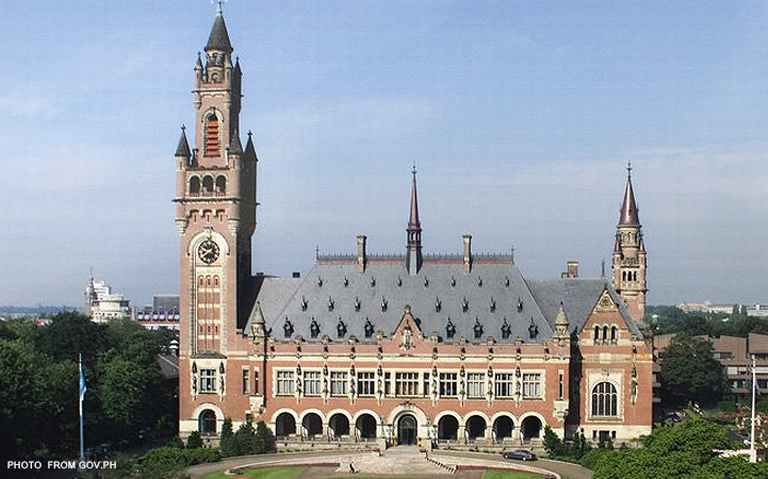
In the article written by Stephen Lendman lives in Chicago, USA, he pointed that Washington, Loida Lewis and the Liberal Opposition party in the Philippines are behind the IS attack in Marawi a step to oust Duterte
Why is ISIS Operating in the Philippines?
In response to violence allegedly instigated by ISIS in the Philippines, President Rodrigo Duterte declared martial law in Mindanao, imposed military rule, and threatened to extend it nationwide to defeat the threat.
What’s going on? Why did ISIS begin operating in the Philippines? Weeks after taking office in mid-2016, Duterte blasted Western imperial Middle East policies, saying the Obama administration and Britain “destroyed the (region)…forc(ing) their way into Iraq and kill(ing) Saddam.”
“Look at Iraq now. Look what happened to Libya. Look what happened to Syria.”
He blasted former UN Secretary-General Ban Ki-moon for failing to act responsibly against what’s gone on for years – on the phony pretext of humanitarian intervention and democracy building.
He called Obama a “son-of-a-bitch” for his unaccountable actions – no way to make friends in Washington, especially if his geopolitical agenda conflicts with US aims.

On the day he declared martial law, he met with Vladimir Putin in Moscow for discussions on future military and economic cooperation.
He seeks improved economic and military ties with China. Ahead of visiting Beijing last October, he said
“only China…can help us,” adding:
“All that I would need to do is just to talk and get a firm handshake from the officials and say that we are Filipinos and we are ready to cooperate with you, to help us in building our economy and building our country.”
“If we can have the things you have given to other countries by the way of assistance, we’d also like to be a part of it and to be a part of the greater plans of China about the whole of Asia, particularly Southeast Asia.”
He promised to cool tensions over South China Sea disputes.
“There is no sense fighting over a body of water,” he said.
“We want to talk about friendship (with Beijing). We want to talk about cooperation, and most of all, we want to talk about business. War would lead us to nowhere.”
He announced no further joint military exercises with America, saying he’s open to holding them with China and Russia.
Shifting away from longstanding US ties doesn’t go down well in Washington. Are efforts by ISIS to establish a Philippines foothold part of an anti-Duterte Trump administration or CIA plot independent of his authority?

According to a June 2 Duran.com report, retired Philippine military official Abe Purugganan claims ISIS violence in Mindanao is part of an opposition Liberal Party plan to undermine Duterte and oust him from office – citing information from a party whistleblower.
Below are the comments The Duran posted, saying:
“There is a lot of noises and chatters flooding the cyberspace, you got to use your discernment to filter all these information.”
“LETS PLAY FIRE WITH FIRE,” explaining “(t)hese are the exact words stated by Loida Lewis and her fellow oligarchs on a meeting months ago with Liberal Party members abroad,” adding:
Their plan is to use ISIS or ISIS-connected terrorists to instigate violence and chaos in Mindanao, wanting Duterte’s government destabilized and ousted.
If the information reported is accurate, it explains what’s now going on, likely to worsen, perhaps spread to other parts of the country.
Last week, Duterte said
“if I cannot confront (ISIS terrorists threatening the country), I will resign. “If I am incompetent and incapable of keeping order in this country, let me step down and give the job to somebody else.”
If US dirty hands are behind the ISIS insurgency, he’s got a long struggle ahead, trying to overcome the attack on him and perhaps Philippine sovereignty.
Stephen Lendman lives in Chicago. He can be reached at lendmanstephen@sbcglobal.net.
His new book as editor and contributor is titled “Flashpoint in Ukraine: How the US Drive for Hegemony Risks WW III.”
http://www.claritypress.com/LendmanIII.html
Visit his blog site at sjlendman.blogspot.com.
The original source of this article is Global Research
Copyright © Stephen Lendman, Global Research, 2017

















